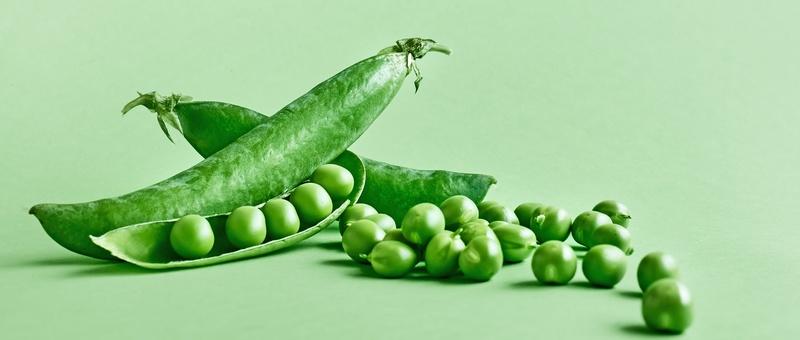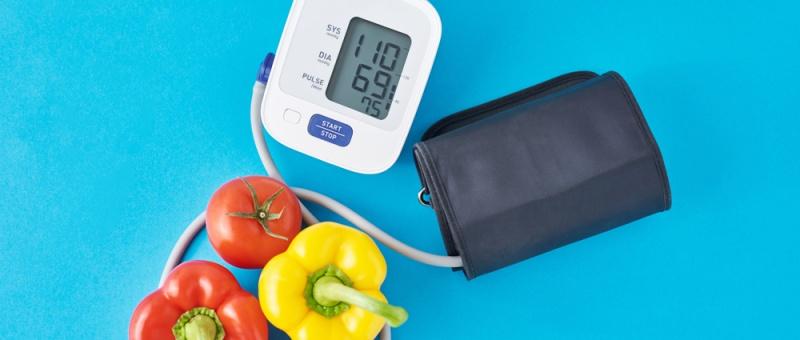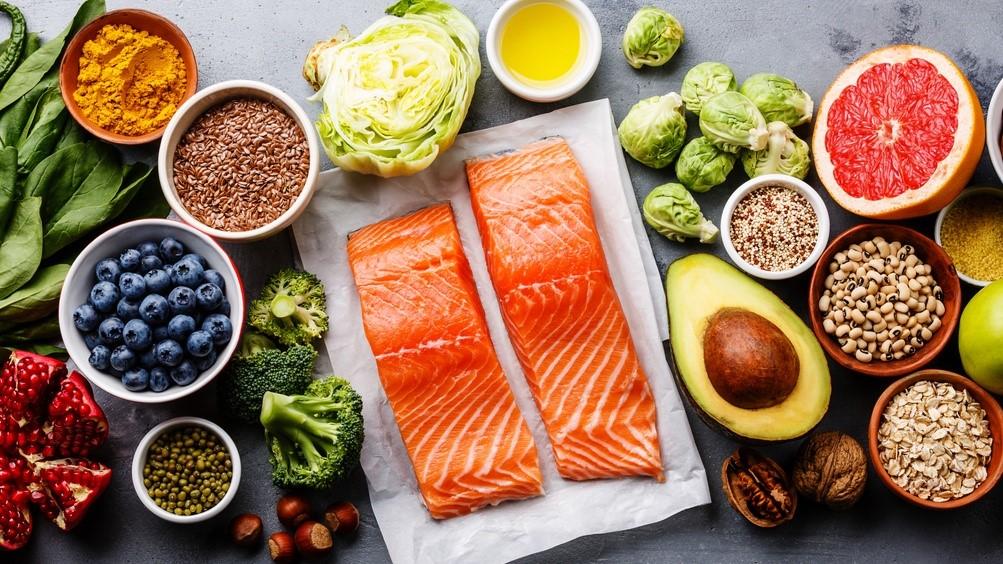
Plant-based proteins could help prevent high blood pressure
Peer reviewed by American Heart Association Authored by Laura WilliamsonOriginally published 7 Aug 2025
Eating a greater amount of minimally processed plant-based proteins - such as beans, nuts and lentils - may lower your chance of developing high blood pressure, according to new research.
In this article:
The study1, published recently in the Journal of the American Heart Association, also suggests that minimally processed animal proteins could be included in weekly meal plans without significantly affecting your chance of getting high blood pressure.
The study's senior author, Dr Marcia Otto, nutritional epidemiologist and an associate professor at UT Health Houston School of Public Health, US, says the study focused on foods, not the plant-based supplements that can be found on supermarket shelves.
Continue reading below
What is high blood pressure?
Around 1 in 3 adults in the UK have high blood pressure (hypertension), a condition that raises your likelihood of heart attacks, strokes and other health issues. Prior research has shown diet plays a critical role in the prevention and management of high blood pressure.
A large body of evidence finds that eating patterns rich in fruits, vegetables, whole grains and low-fat dairy that are also low in sodium and saturated fat can significantly reduce blood pressure. But how proteins within these eating patterns affect blood pressure has been unclear.
In the new study, researchers investigated how the quantity and diversity of proteins you eat from plant and animal sources might affect your vulnerability to high blood pressure.
What the study found
Researchers analysed information over a period of 18 years, from around 3,000 people, who were an average age of 58 and had no history of high blood pressure.
Overall, those who took part reported eating an average of 68 grams per day of protein, with about 24 grams coming from plant sources and the rest coming from animals. On average, participants consumed nine different types of protein per week.
Researchers found no strong evidence to support a link between animal protein intake and high blood pressure. But they did find that the more plant-based proteins a person ate, the lower their chance of high blood pressure.
For every 20 grams of plant-based protein consumed each day, the likelihood of high blood pressure decreased by 16% compared to those who ate the fewest plant foods. Those benefits levelled out once a person consumed 30 grams of plant-based protein.
But eating a broader range of plant protein sources ended up increasing the chance of high blood pressure. While the study did not investigate why, Otto said the findings suggest that people who eat a broader range of plant protein sources may include highly processed plant-based options in their diet, which could increase the chance of high blood pressure.
"Their eating patterns started to move toward less healthy plant protein options," she said.
Continue reading below
Sources of plant-based protein
The amount of protein found in plants and animals varies.
For example:
3 ounces of light tinned tuna fish canned in water has around 22 grams of protein.
1 cup of shop-bought hummus has 19 grams.
1 cup of boiled lima beans has 15 grams.
According to the American Heart Association, which funded the new study, good sources of plant-based protein include:
Beans and legumes.
Chickpeas.
Lentils.
Edamame.
Nut butter.
Oats, quinoa, nuts and seeds.
Tofu and soy milk.
These whole foods also contain high levels of dietary fibre, vitamins, minerals and other nutrients.
Dr Matthew Landry, assistant professor of population health and disease prevention at the University of California, Irvine, USA says: "I think in many ways this study reaffirms things we already knew."
However, Landry, who was not involved in the research, adds that the findings underscore the importance of choosing those plant proteins wisely.
He says: "When it comes to plant-based proteins, it's important to choose whole food sources. You should focus on more minimally processed proteins rather than the highly processed ones.
"A very simple plant-based protein such as tofu is very different from a burger made from meat alternatives. Both contain plant proteins, but they undergo different levels of processing."
This means they can have different amounts of sodium, saturated fat and other additives. Not all of them fit neatly under the label of 'healthy'.
Further reading
Patient picks for Diet and nutrition

Heart health and blood vessels
DASH diet - healthy eating that helps lower blood pressure
The DASH diet is a heart-healthy diet that lowers blood pressure and cholesterol. Far from being specialist, this eating plan can benefit many people - whether you're looking to improve poor heart health, manage a related condition, or protect yourself against future health problems.
by Lynn Stephen

Healthy living
What is the TLC diet and can it improve your heart health?
If your cholesterol levels are higher than they should be, you may be more likely to have heart disease. However, there are steps you can take to lower your cholesterol and protect your health. One way is to follow the TLC diet - or Therapeutic Lifestyle Changes diet - to reduce your cholesterol. But what can you eat on the plan, and can it keep your heart healthier?
by Victoria Raw
Article history
The information on this page is peer reviewed by qualified clinicians.
Next review due: 7 Aug 2028
7 Aug 2025 | Originally published
Authored by:
Laura Williamson
Peer reviewed by
American Heart Association

Ask, share, connect.
Browse discussions, ask questions, and share experiences across hundreds of health topics.

Feeling unwell?
Assess your symptoms online for free